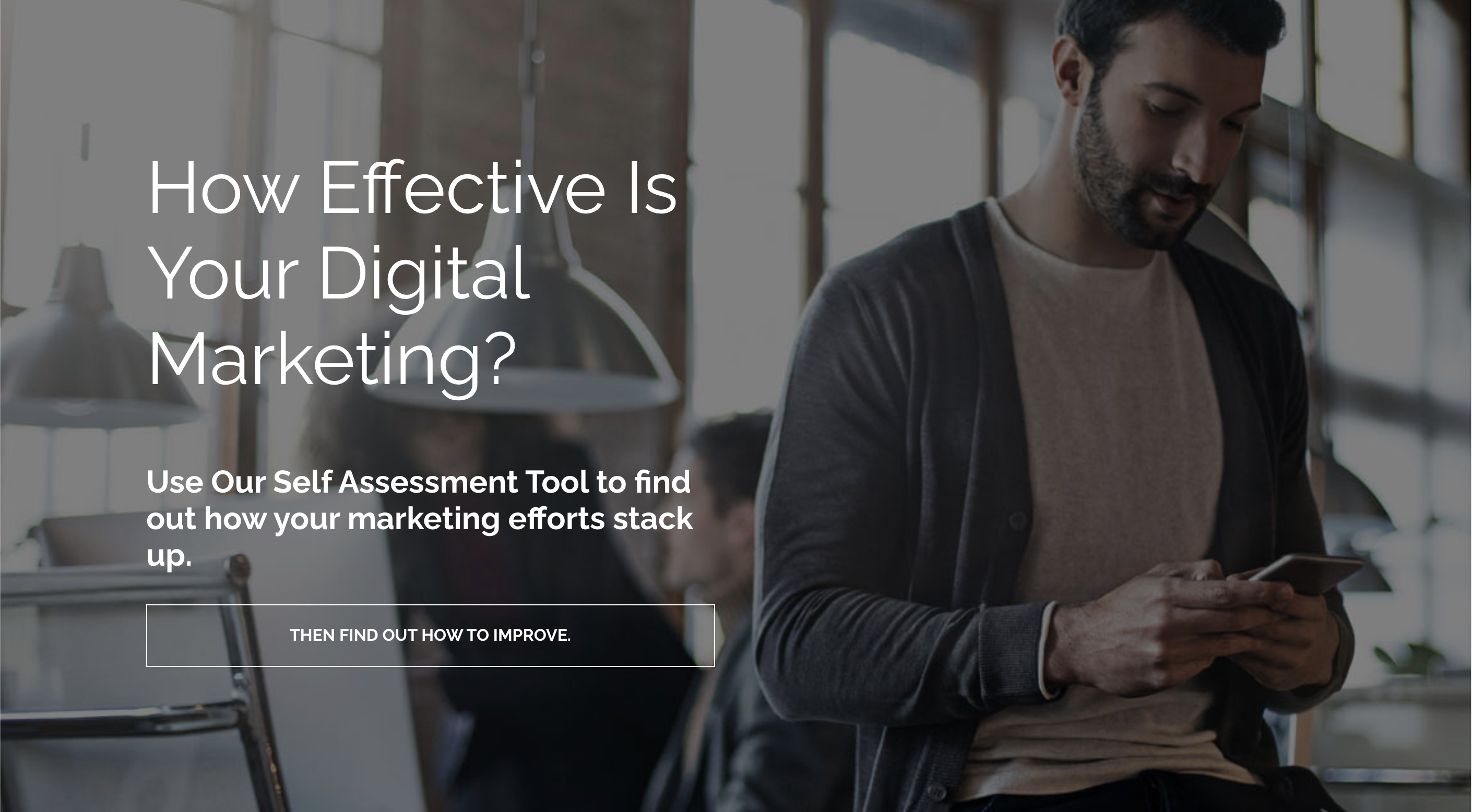In today's digital age, having a strong online presence is essential for businesses and individuals alike.  Whether you're building a personal blog, an e-commerce site, or a corporate portal, web development is the key to bringing your vision to life on the internet. In this blog post, we'll demystify the world of web development and provide a comprehensive guide for beginners looking to embark on their web development journey.
Whether you're building a personal blog, an e-commerce site, or a corporate portal, web development is the key to bringing your vision to life on the internet. In this blog post, we'll demystify the world of web development and provide a comprehensive guide for beginners looking to embark on their web development journey.
Understanding the Basics
Web development encompasses a broad range of skills and technologies used to create and maintain websites. At its core, web development involves two primary components: front-end development and back-end development. Front-end development focuses on the visual and interactive aspects of a website, such as layout, design, and user experience, while back-end development involves the server-side logic and database interactions that power the site's functionality.
Essential Technologies and Tools
To get started with web development, you'll need to familiarize yourself with a variety of technologies and tools. HTML (Hypertext Markup Language), CSS (Cascading Style Sheets), and JavaScript are the building blocks of the web, used to create and style web pages and add interactivity. Additionally, frameworks and libraries such as Bootstrap, jQuery, and React can streamline the development process and enhance your productivity.
Setting Up Your Development Environment
Creating a conducive development environment is crucial for success in web development. Choose a text editor or integrated development environment (IDE) that suits your preferences and workflow, such as Visual Studio Code, Sublime Text, or Atom. Familiarize yourself with version control systems like Git and platforms like GitHub to collaborate with other developers and manage your codebase efficiently.
Learning Resources and Communities
The web development landscape is constantly evolving, with new technologies and trends emerging regularly. Fortunately, there are abundant learning resources and communities available to help you stay up-to-date and expand your skills. Online tutorials, courses, and documentation can provide valuable insights and guidance, while developer forums, meetups, and online communities offer opportunities to connect with peers, ask questions, and share knowledge.
Practical Projects and Hands-On Experience
One of the most effective ways to learn web development is through hands-on experience and practical projects. Start by building simple websites and gradually tackle more complex projects as you gain confidence and proficiency. Experiment with different technologies, frameworks, and design patterns to broaden your skill set and deepen your understanding of web development principles.
Web development is a dynamic and rewarding field that offers endless opportunities for creativity, innovation, and growth. By mastering the fundamentals, exploring new technologies, and honing your skills through practice, you can unlock the full potential of web development and bring your ideas to life on the web. Whether you're a seasoned developer or a complete beginner, the journey to becoming a proficient web developer begins with a single step. So roll up your sleeves, dive in, and let your creativity soar in the world of web development.

